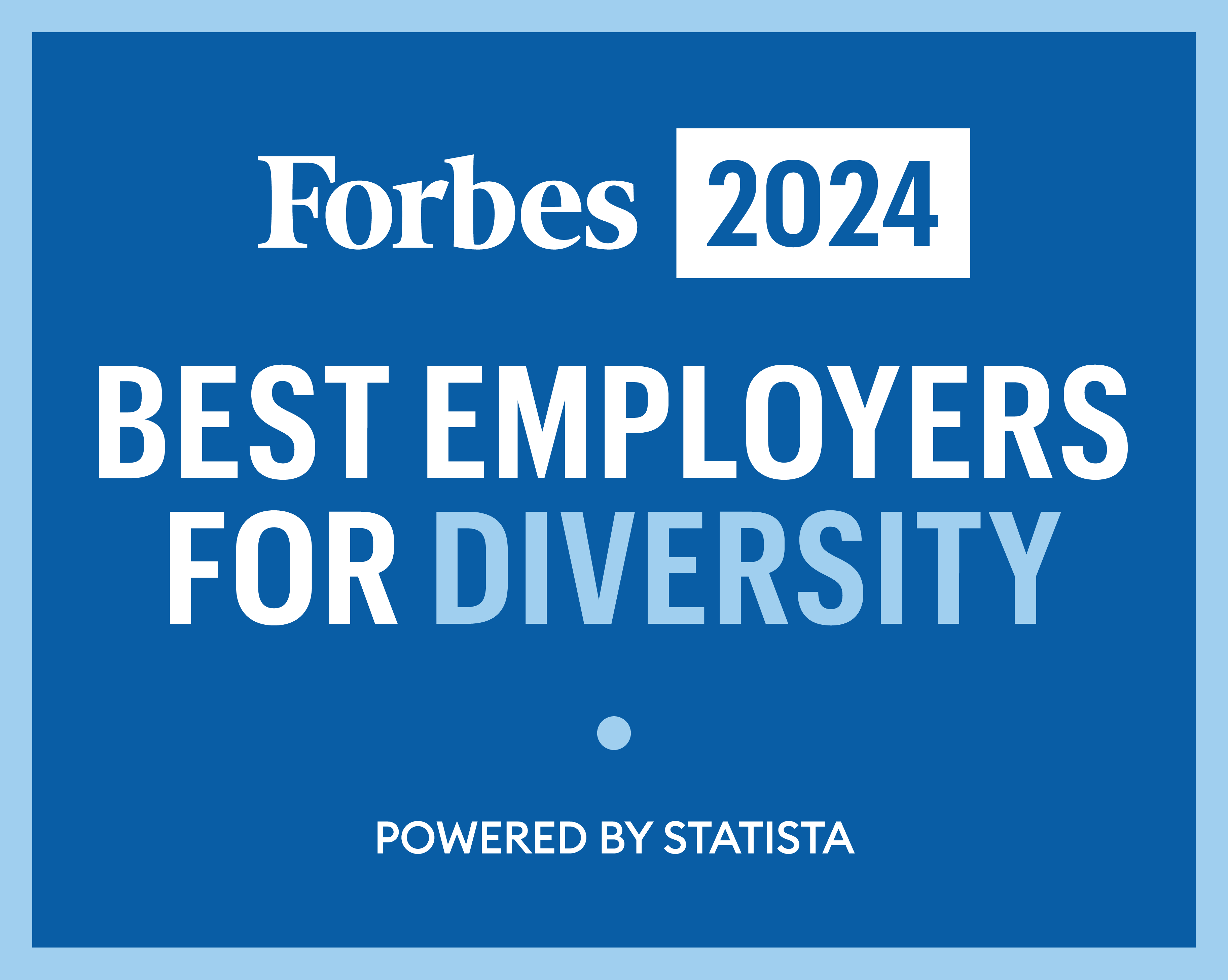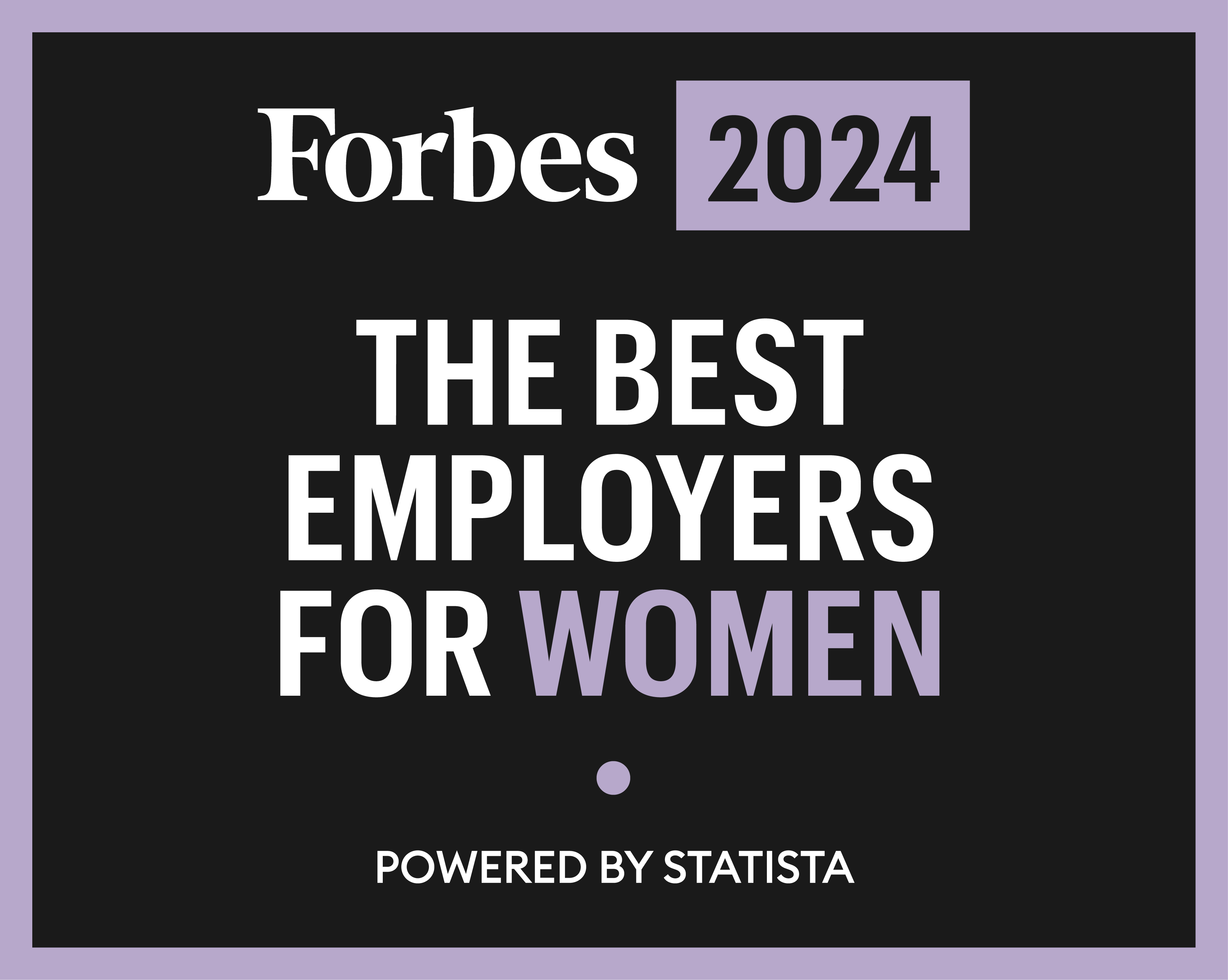Project Scientist - Atwill
Position overview
Application Window
Open date: December 20, 2024
Most recent review date: Monday, Jan 13, 2025 at 11:59pm (Pacific Time)
Applications received after this date will be reviewed by the search committee if the position has not yet been filled.
Final date: Monday, Mar 31, 2025 at 11:59pm (Pacific Time)
Applications will continue to be accepted until this date, but those received after the review date will only be considered if the position has not yet been filled.
Position description
NATURE AND PURPOSE
The Project Scientist makes significant and creative contributions to a research or creative project in his/her academic discipline. The appointee possesses the subject matter expertise and the creative energy necessary to function at a high level of competence. The appointee will participate in activities to increase, improve, or upgrade competency. Appointees with Project (e.g., Scientist) titles may engage in University and public service. They do not have teaching responsibilities. Although the Project Scientist is expected to work independently under the general guidance of an academic member with an independent research program (i.e., Professor, Professional Researcher, Specialist in Cooperative Extension, etc), he/she is not required to develop an independent research program or reputation. He/she will carry out research or creative programs with supervision by an individual in an academic title that carries with it automatic Principal Investigator status. The Project Scientist does not usually serve as a Principal Investigator but may do so by exception.
MAJOR RESPONSIBILITIES
I. RESEARCH (85%)
Research activity (40%) This position requires creative contributions to and collaborative development of an active research program in the areas of veterinary epidemiology (epidemiological modeling and statistical analysis), diagnostic microbiology, microbial food safety, and aero-microbiology. Additional research activities for this position will likely include using laboratory methods to culture, PCR-confirm, and whole-genome sequencing bacterial pathogens such as E. coli O157:H7 and other STECs; air sampling with MAS-100 Eco machines to determine effects of agricultural activities on airborne bacterial composition; using positive-pressure ultrafiltration methods for concentrating waterborne pathogens from riverine or irrigation water systems; Candidates must have documented experience in statistical analyses of unbalanced longitudinal data using modern mixed-effects regression methods. Candidate must be willing to travel overnight as required, both within California and across the United States to collect samples that will likely occur multiple times per year as needed for one or more research projects. The candidate will help to determine research goals, field sampling designs, and appropriate analytical diagnostic methods for new projects, in consultation with the Principal Investigator (Dr. E.R. Atwill). The candidate will also supervise one or more laboratory technicians and students regarding the technical aspects of the research program, including diagnostic method development, trouble-shooting field and laboratory problems, interpreting project results, and planning follow-up and validation experiments. Minimum requirements include demonstrated epidemiology knowledge and experience of working with foodborne pathogens in the laboratory and field. Experience and skills of collecting and processing manure, air, and water samples are preferred.
Scientific publication (25%) The candidate will publish the results from various research projects in peer-reviewed journals, books and other publication outlets, either independently or in collaboration with the PI and/or other members of the research team.
Grant acquisition and project budgetary planning (20%) The candidate will assist the PI in writing and submitting grant proposals for research and outreach funding from state and federal agencies and other funding organizations. The candidate will prepare and assist the PI in preparation of progress and final reports as required by granting agencies. The candidate will interact with funding agencies and prepare modifications of budgets and other grant components as needed, along with constructing budgetary projections and monthly monitoring of project expenditures.
II. PROFESSIONAL COMPETENCE AND ACTIVITY (10%) The candidate will participate in professional societies and conferences appropriate to his/her specific field, and will serve as a reviewer of research proposals and scientific publications as appropriate. The candidate will attend seminars and scientific meetings to present research results and may give oral or poster presentations at scientific venues, academic meetings, and public or professional interest groups.
III. UNIVERSITY AND PUBLIC SERVICE (5%) The candidate will engage in University service activities such as guest didactic lecturing and university/school/departmental committee service The candidate will engage in occasional outreach activities such as presenting research results to scientific and governmental meetings, providing seminars to the general public, and providing relevant scientific advice to academic, governmental, and other public agencies.
Qualifications
The basic qualification for this position is a PhD in the areas of veterinary epidemiology (epidemiological modeling and statistical analysis), diagnostic microbiology, microbial food safety, and aero-microbiology or equivalent graduate degree
The ideal candidate will show strong collaboration, communication, and organizational skills while, promoting teamwork in a diverse multidisciplinary environment and supporting the research activities of the PI and research team. The Appointee will be supervised directly by PI and will be communicating and interacting with the team of investigators and scientists of the center. Self-guidance in details of assigned tasks is expected.
Experience and skills of collecting and processing manure, air, and water samples
Application Requirements
Curriculum Vitae - Your most recently updated C.V.
Cover Letter
Statement of Research
Statement of Teaching (Optional)
Statement of Contributions to Diversity, Equity, and Inclusion - Contributions to diversity, equity, and inclusion documented in the application file will be used to evaluate applicants. Visit https://academicaffairs.ucdavis.edu/faculty-equity-and-inclusion for guidelines about writing a statement and why one is requested.
- 3-5 required (contact information only)
Help contact: rbailey@ucdavis.edu
About UC Davis
As a condition of employment, the finalist will be required to disclose if they are subject to any final administrative or judicial decisions within the last seven years determining that they committed any misconduct, are currently being investigated for misconduct, left a position during an investigation for alleged misconduct, or have filed an appeal with a previous employer.
- “Misconduct” means any violation of the policies or laws governing conduct at the applicant’s previous place of employment, including, but not limited to, violations of policies or laws prohibiting sexual harassment, sexual assault, or other forms of harassment, discrimination, dishonesty, or unethical conduct, as defined by the employer.
- UC Sexual Violence and Sexual Harassment Policy
- UC Anti-Discrimination Policy for Employees, Students and Third Parties
- APM - 035: Affirmative Action and Nondiscrimination in Employment
To implement this process, UC Davis requires all applicants for any open search to complete, sign, and upload the form entitled, "Authorization to Release Information" into UC RECRUIT as part of their application. If an applicant does not include the signed authorization with the application materials, the application will be considered incomplete, and as with any incomplete application, will not receive further consideration.
UC Davis is a smoke and tobacco-free campus (http://breathefree.ucdavis.edu/).
We are an Affirmative Action/Equal Opportunity employer, and particularly encourage applications from members of historically underrepresented racial/ethnic groups, women, individuals with disabilities, veterans, LGBTQ community members, and others who demonstrate the ability to help us achieve our vision of a diverse and inclusive community.
The University of California is an Equal Opportunity/Affirmative Action Employer. All qualified applicants will receive consideration for employment without regard to race, color, religion, sex, sexual orientation, gender identity, national origin, disability, age, protected veteran status, or other protected categories covered by the UC nondiscrimination policy.
For the University of California's Affirmative Action Policy, please visit: https://policy.ucop.edu/doc/4010393/PPSM-20
For the University of California's Anti-Discrimination Policy, please visit: http://policy.ucop.edu/doc/1001004/Anti-Discrimination
Under Federal law, the University of California may employ only individuals who are legally able to work in the United States as established by providing documents as specified in the Immigration Reform and Control Act of 1986. Certain UC Davis positions funded by federal contracts or sub-contracts require the selected candidate to pass an E-Verify check. More information is available at: http://www.uscis.gov/e-verify
The University of California, Davis (UC Davis) is committed to inclusive excellence by advancing equity, diversity and inclusion in all that we do. UC Davis celebrates the multi-cultural diversity of its community by creating a welcoming and inclusive environment demonstrated through a variety of resources and programs available to academics, staff, and students. Diversity, equity, inclusion, and belonging are core values of UC Davis that are embedded within our Principles of Community and are tied with how to best serve our student population. Our excellence in research, teaching, and service can best be fully realized by members of our academic community who share our commitment to these values, which are included in our Diversity and Inclusion Strategic Vision, our strategic plan: “To Boldly Go,” our Principles of Community, the Office of Academic Affairs’ Mission Statement, and the UC Board of Regents Policy 4400: Policy on University of California Diversity Statement. UC Davis is making important progress towards our goal of achieving federal designation as a Hispanic-Serving Institution and an Asian American, Native American, and Pacific Islander-Serving Institution. The Office of Diversity, Equity, and Inclusion offers a plethora of resources on their website, and the Office of Health Equity, Diversity, and Inclusion (HEDI) has outlined similar goals in their "Anti-Racism and DEI Action Plan.” There are a plethora of links available on the About Us webpage where you can learn more about our Administration, Diversity and Inclusion, Rankings, Locations, Native American Land Acknowledgement, Sustainability, Visiting UC Davis, UC Davis Health, and Campus Safety.
The university is consistently ranked among the top institutions in the world for campus sustainability practices by the UI Green Metric World University Rankings. UC Davis is focused on achieving net-zero greenhouse gas emissions and repeatedly shown its commitment to preserving a healthy and sustainable environment for generations to come.
As a University employee, you will be required to comply with all applicable University policies and/or collective bargaining agreements, as may be amended from time to time. Federal, state, or local government directives may impose additional requirements.

